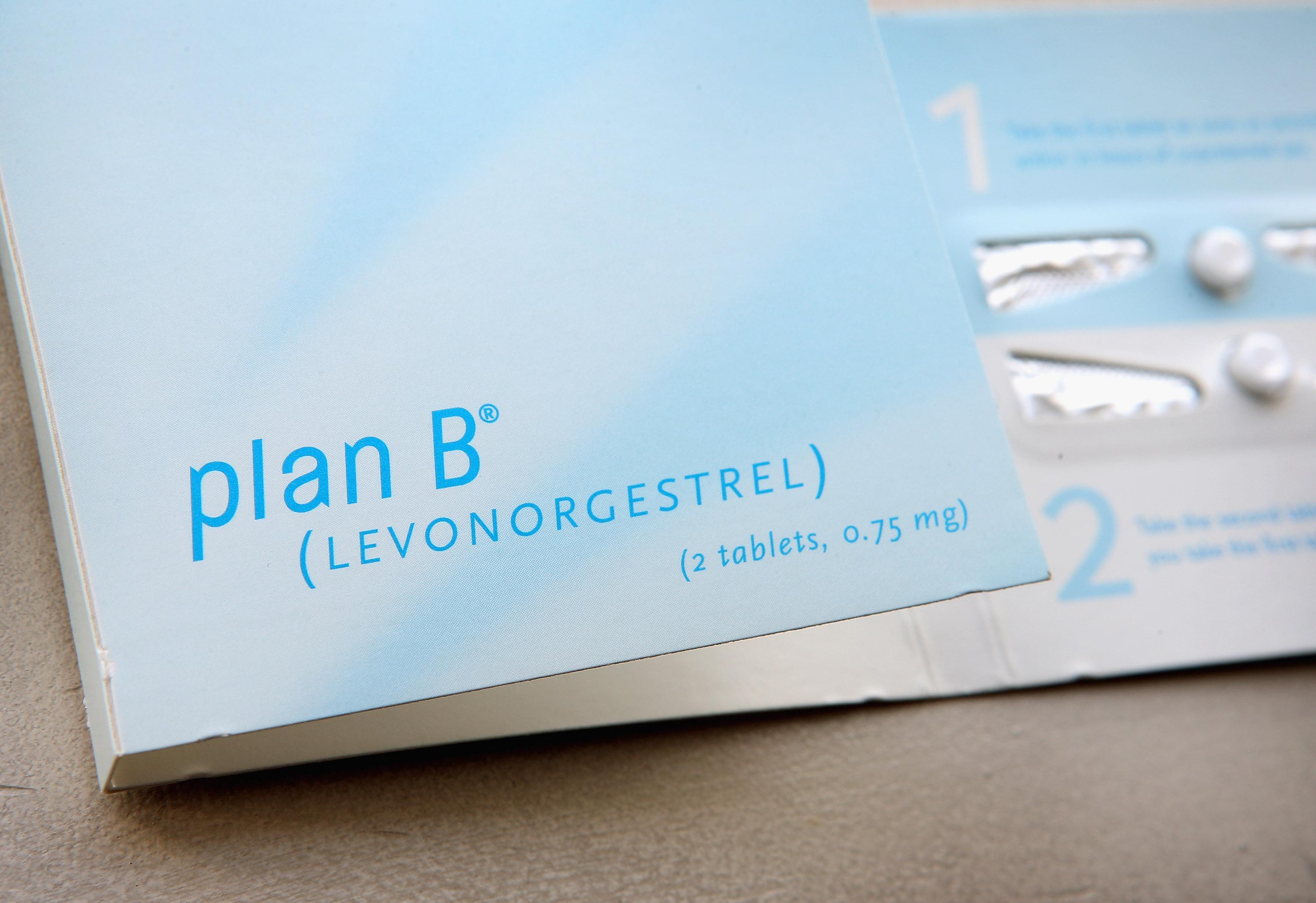Eighteen years ago, in my last two weeks of law school, I was preparing to take my last final exam in Professor Barack Obama’s seminar when I developed a high fever. At the University of Chicago’s health clinic, the doctor reassured (anxious, pre-graduation, pre-bar exam) me that it was just a virus that would pass. Then she said: “I notice you are not on the birth control pill. Do you want a prescription for a pill pack to keep on hand for emergency contraception?” In my haze, I remember thinking she had much higher expectations for my summer than I did.
Lately I’ve been thinking about that favorite professor and that doctor. In April, Federal District Court Judge Edward Korman issued a scathing opinion ordering Health and Human Services Secretary Kathleen Sebelius to put emergency contraception, or “Plan B” on the shelves without restrictions within 30 days. Instead, the Administration announced a compromise, and a bad one: The FDA would approve one form of emergency contraception but would not remove age restrictions (15 and up) or identification requirements (must show federally-issued ID). Shortly thereafter, the Administration announced it would ask for a “stay” of Judge Korman’s order to appeal his ruling, and this week the appeals court will consider the arguments on both sides.
Restricting on-shelf access to those 15 and over who show a government ID creates a real barrier, and not only for the younger teens: fewer than half of 16 and 17 year olds have a driver’s license and 25 to30 percent of 18 and 19 year olds have no driver’s license. Not to mention the lack of ID among immigrant women and the high number of African Americans and lower-income Americans who have no ID – a fact that has been duly noted by the Administration in the context of fighting against Voter ID laws.
There’s a sense that some key decision makers in the Administration are reacting as parents, or as they believe parents would react. I have two kids entering the teen years, and yes, all parents want a magic policy that will maximize the chance their kid will tell them when – or ideally before – they start being sexually active. The universally shared goal is open communication. But public policy can’t be wishful thinking. Agency decision making ought to address the needs of the most vulnerable, particularly in areas of public health. In this case that means embracing prevention of teen pregnancy as the primary goal. Acknowledge that sexual abuse happens, that unhealthy sexual activity happens, that boys and men can access condoms at any age, but sometimes they don’t or won’t use them. Teenagers – even those in the most emotionally health family settings – sometimes don’t or won’t talk to their parents about sex. “All females of child-bearing potential” as the FDA put it, need more options, and any delays in access to “morning after” options that won’t work after 72 hours have a real impact.
Eighteen years ago I took that exam, fever and all. I wanted to get it done, without delay or excuse, so close to my graduation. I got one of the few A’s of my law school career and it felt like a particular triumph to be able to pull out my best thinking while under a viral assault. Is it too much to hope the appeals court does the same thing, and tells the Administration to put the delays and excuses aside and get emergency contraception out of the courts and on the store shelves?
